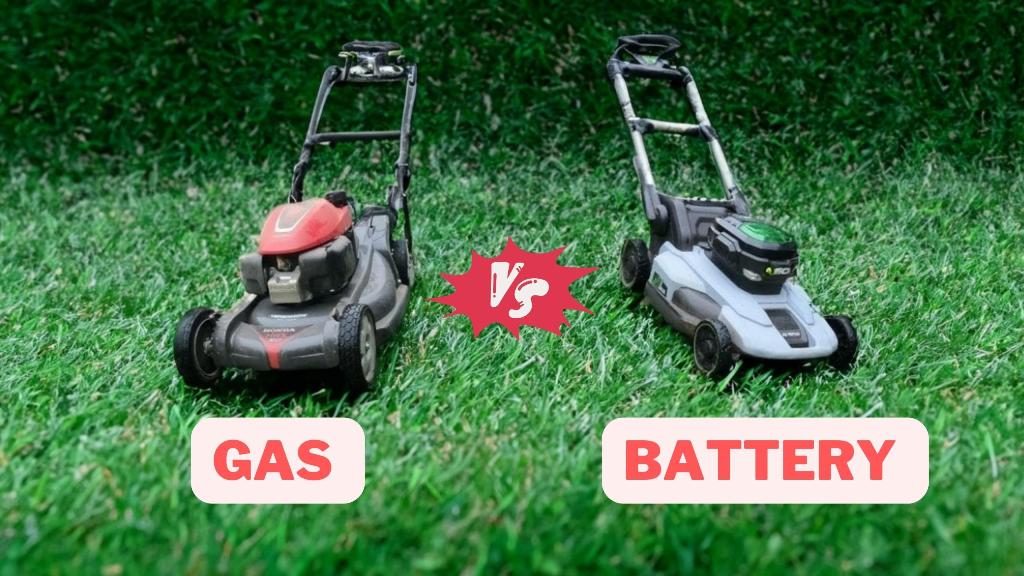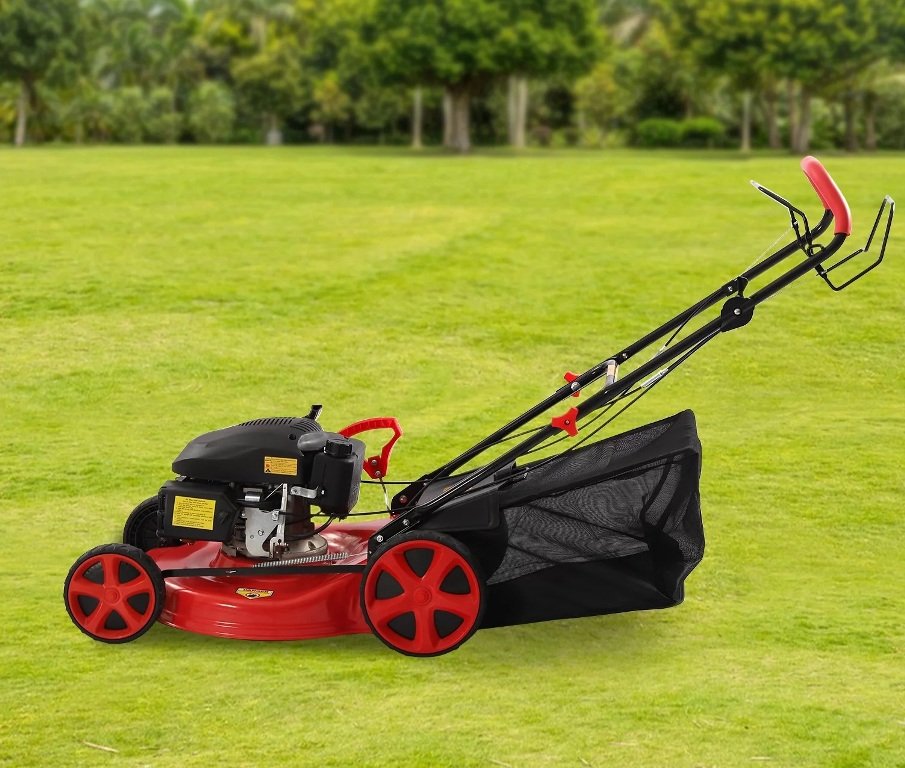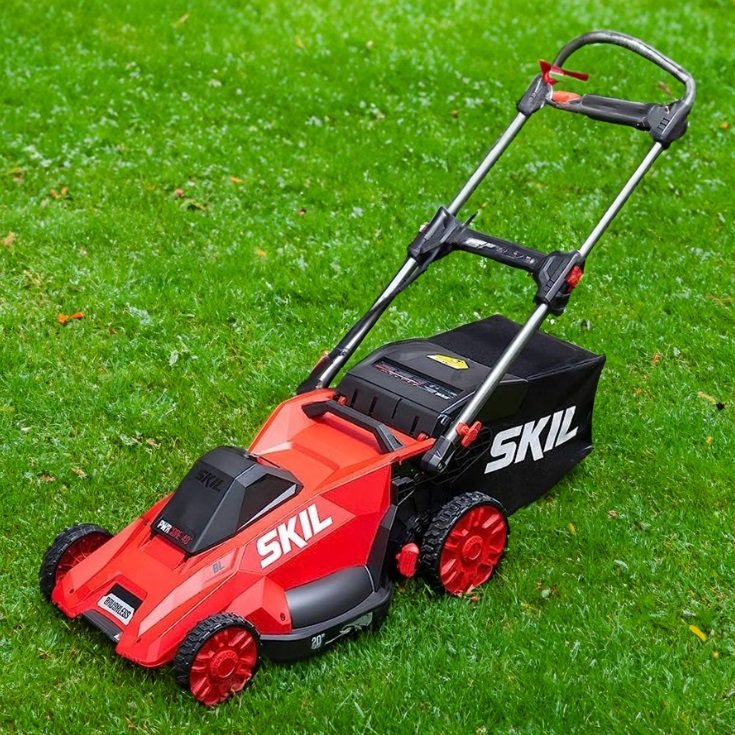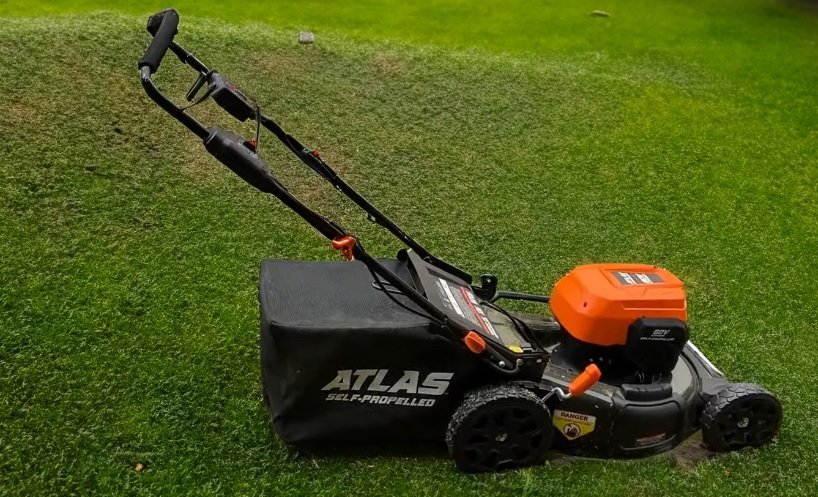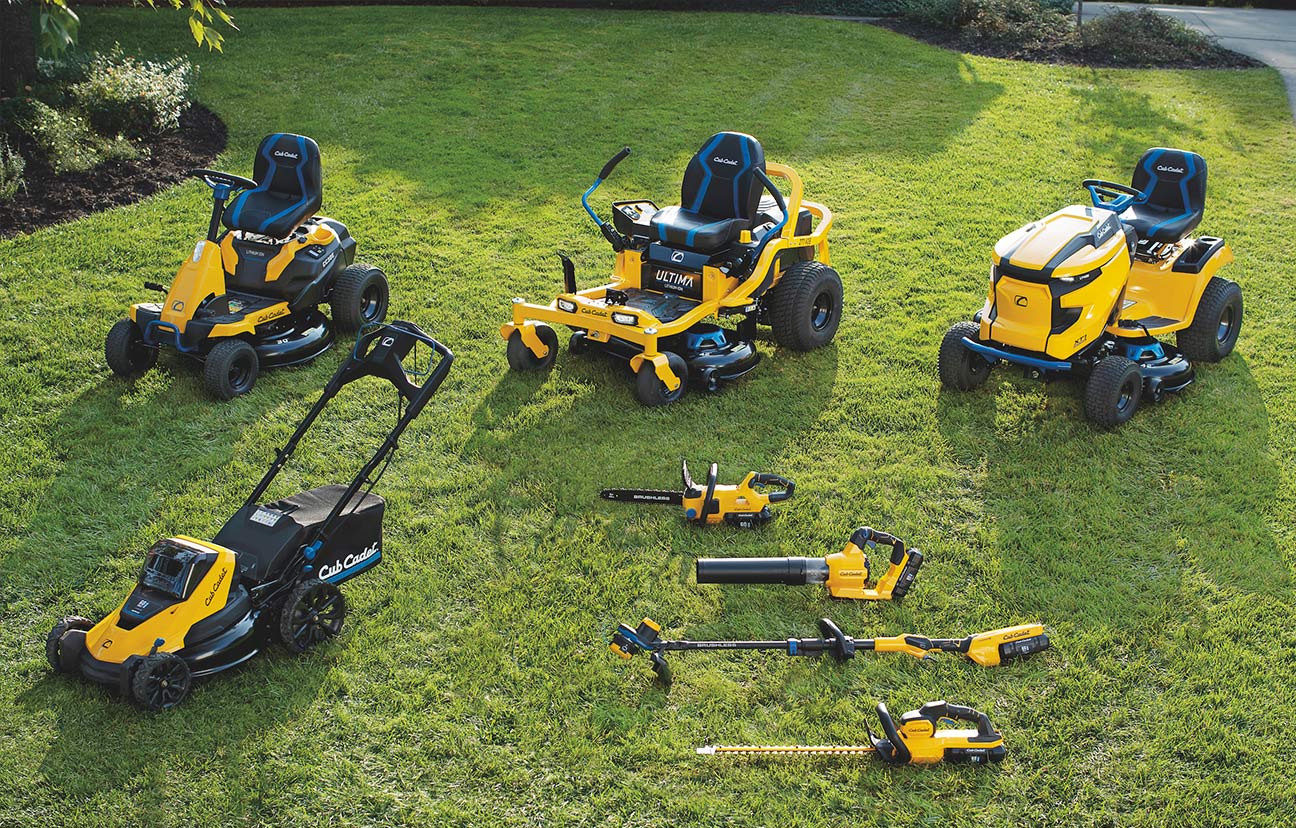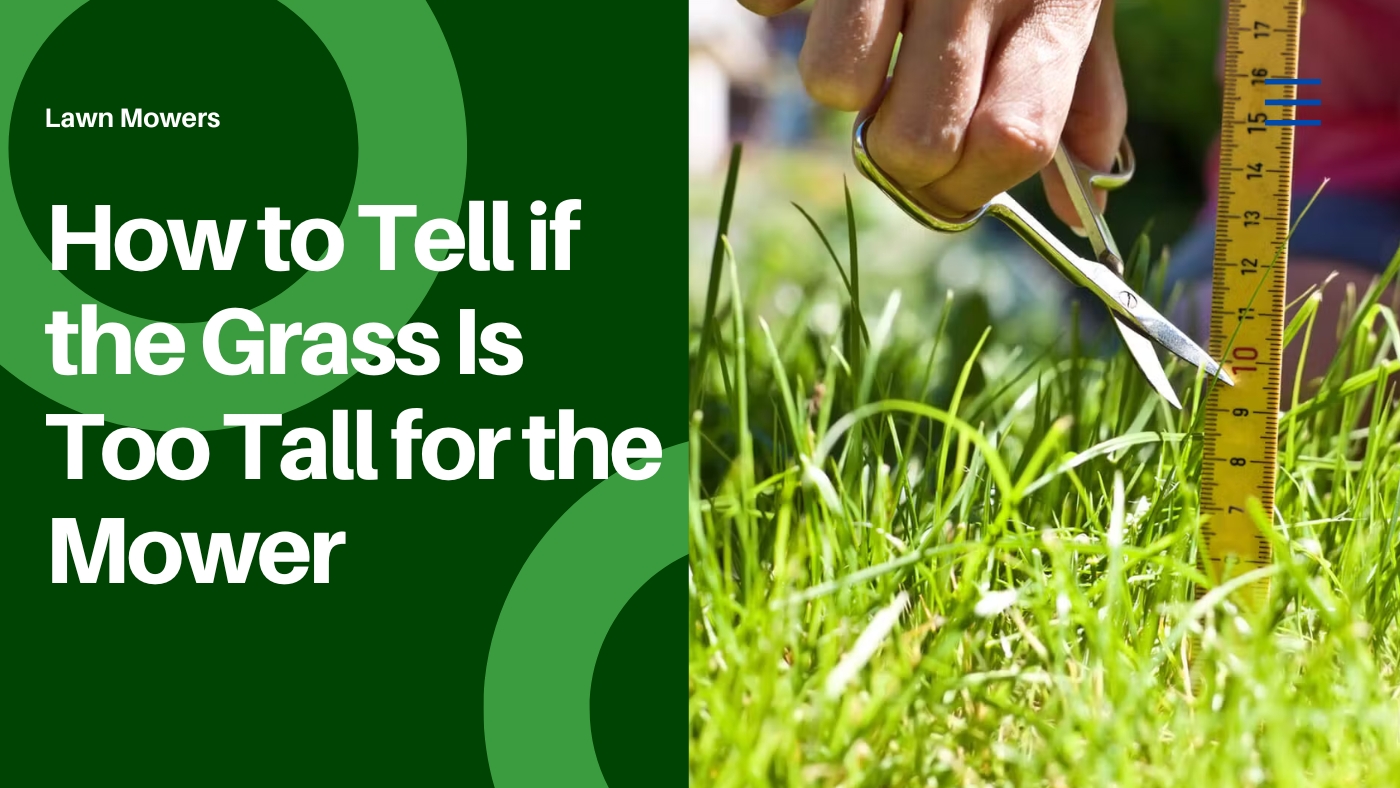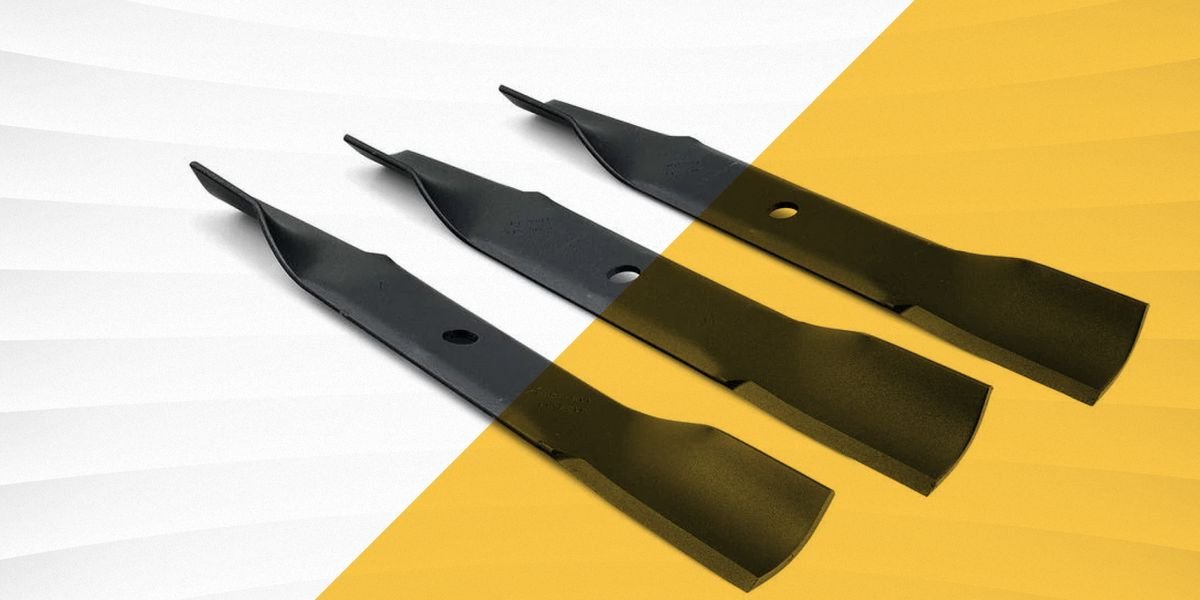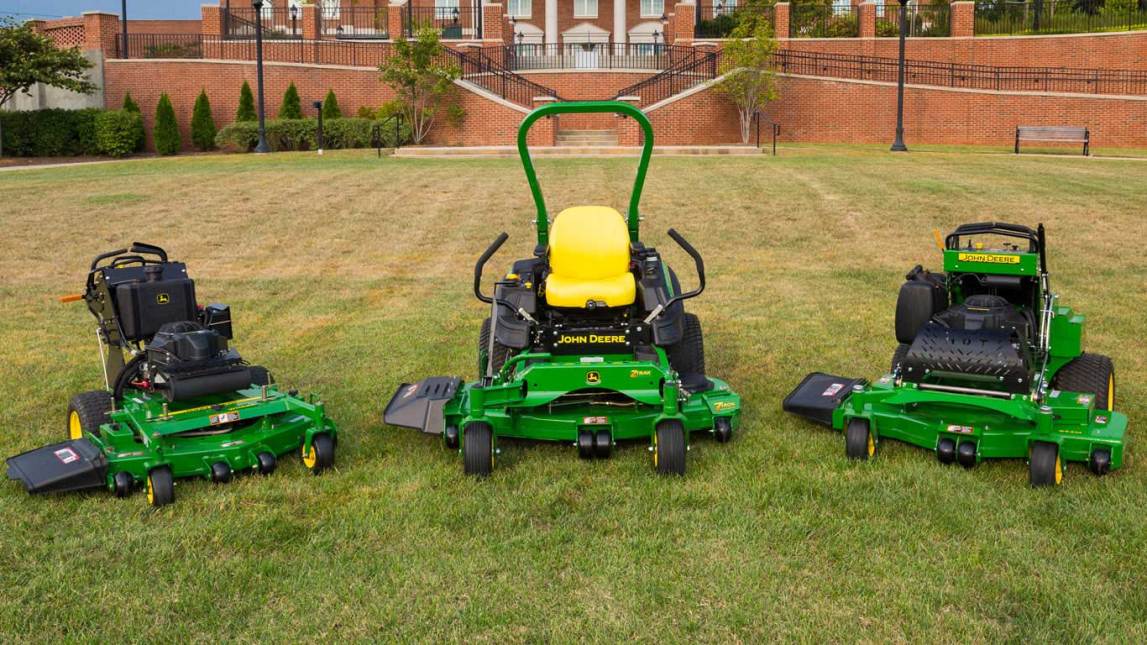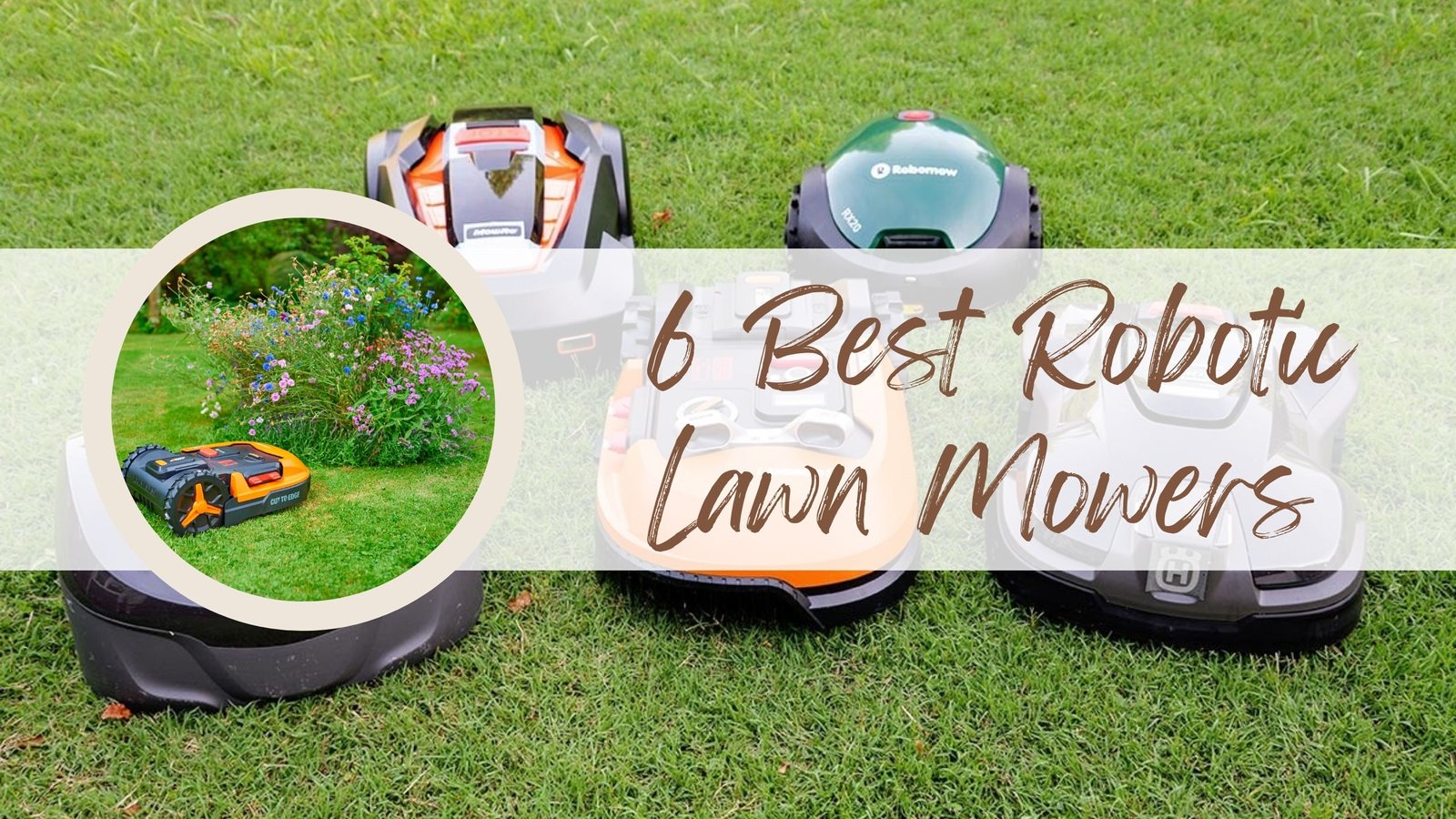Lawn mowers have come a long way in terms of advance technology, But as world progress, lawn mowers also upgrade and these days peoples love to use electric mowers. However, many people still swear by their trusty gas-powered mowers. The debate between gas and battery lawn mowers has become a hot topic among lawn care enthusiasts.
So in this article, we will discuss about the gas and battery lawn mowers to understand the difference between gas and battery lawn mowers This compression is based on the real-world test conducted by experts.
Gas Lawn Mower
Gas lawn mowers were the popular choice for the home owners and some still prefer them. They offer a reliable and powerful cutting performance, making them suitable for large yards and thick grass. They also come with some drawbacks, such as noise and emissions. Gas engines can be quite noisy during operation, which might disturb neighbors and limit mowing times. Additionally, the emissions produced by gas mowers contribute to environmental pollution. Maintenance is another aspect to consider with gas mowers, as they require regular oil changes, air filter replacements, and spark plug checks to ensure optimal performance. Storing fuel properly is also essential to prevent issues with stale gasoline. Despite these maintenance requirements, gas mowers can last for a long time if well-cared for and offer consistent power delivery, which ensures a steady cut. Overall, gas mowers are a solid choice for those with larger yards and who prioritize reliability and cutting power.
Battery Lawn Mower
Battery lawn mowers gaining popularity among environmentally-conscious homeowners and those with smaller yards. One of the key advantages of battery mowers is their quiet operation. They produce almost zero noise, allowing users to mow at any time of day without disturbing neighbors. Additionally, battery mowers are virtually maintenance-free, with no oil changes or air filter replacements required. However, users need to be mindful of properly storing the battery to maintain its longevity. Battery technology has improved, providing reliable performance and a quality cut, especially when equipped with a high-lift blade. The absence of emissions makes battery mowers eco-friendly, contributing to a cleaner environment. One consideration with battery mowers is the battery’s lifespan, which may require replacement after a few years, incurring an added cost. The users who have small yard and seeking a hassle-free, emission-free mowing experience, battery mowers are an excellent choice.
| Gas Mower | Battery Mower |
|---|---|
| PROS | PROS |
| Reliable and powerful cutting performance. Suitable for large yards and thick grass. Familiar technology with long-standing track record. Consistent power delivery for steady cut. | Quiet operation, no noise disturbance. Virtually maintenance-free. Environmentally friendly with zero emissions. Reliable performance with no emissions. |
| CONS | CONS |
| Noisy during operation, may disturb neighbors. Produces emissions contributing to pollution. Requires regular maintenance (oil changes, etc.) | Limited run time based on battery capacity. Battery replacement cost after a few years. Lighter weight may cause bouncing on uneven terrain. |
Gas vs Battery Lawn Mower: Detailed Comparison
The Test and Mowers Used
The comparison is based on a test conducted by experts who put two Toro mowers to the challenge. Both mowers were 22-inch recycler models, with one powered by a brushless electric motor and the other by a Briggs & Stratton 7.35 torque gas engine. Apart from the power source, the mowers were identical, with only minor differences, such as the electric mower having larger back wheels and a quick handle release feature.
Cut Quality and Bagging
The test revealed that both mowers delivered similar cut quality. They efficiently cut the grass without leaving stragglers behind or pushing the grass off to the sides. Additionally, both mowers did an excellent job at bagging the clippings. It’s clearly say that both mowers are capable of providing a clean and well-maintained lawn.
Mulching Performance
One of the most significant differences observed during the test was in the mulching performance. When the mowers were put to mulching leaves, the gas-powered mower showcased a substantial advantage over the battery-powered one. The gas mower exhibited superior mulching capabilities, leaving behind a tidier and more evenly distributed mulch. This unexpected outcome surprised the testers, as they had anticipated similar results in mulching.
Power and Speed
The difference in mulching performance can be attributed to the constant power delivery of the gas mower. Gas-powered mowers maintain a consistent speed, providing a steady flow of air for better suction and mulching performance. On the other hand, battery-powered mowers might slow down their RPM to conserve battery power, leading to reduced suction and mulching efficiency.
Noise and Environmental Impact
The best advantage of using battery mowers is that they provide quieter operation compare to gas mowers, Because we all know that engine which run by gas produce more noise. For some users, the quieter operation of electric mowers is a significant selling point. When we compare environmental impact of both mowers, We found that battery mowers are more eco-friendly, as they produce zero emissions during operation. Well, the environmental impact will be depends on the electricity source which is used to charge the batteries.
Maintenance and Battery Concerns
Maintenance is another crucial factor to consider when comparing gas and battery mowers. Gas mowers require regular maintenance, including oil changes, air filter replacements, and spark plug checks. Additionally, stale gasoline can lead to starting issues and affect engine performance. On the other hand, battery mowers have fewer maintenance requirements, with only occasional checks and blade sharpening being necessary.
However, battery concerns cannot be overlooked. As modern batteries are more durable and can last for several years. But when it come to replacing a battery, It can be expensive, and battery mowers required more care in certain conditions, such as extreme cold or improper storage, can impact battery performance.
Ideal Use Cases
The choice between a gas and battery lawn mower largely depends on individual preferences and lawn size. For larger yards or areas with thick grass, gas mowers with their constant power delivery and strong mulching capabilities might be the better choice. They are also suitable for those who prefer bagging their clippings.
On the other hand, battery mowers are ideal for smaller yards and environmentally-conscious users. Their quieter operation, ease of use, and lower maintenance requirements make them attractive options for many homeowners.
Conclusion
In conclusion, both gas and battery lawn mowers have their advantages and disadvantages. The real-world test revealed that gas mowers excel in mulching performance due to their consistent power delivery, while battery mowers are preferred for their quieter operation and lower maintenance needs. As everyone have their specific need and choice of the mowers totally depend on it.
Popular Gas Lawn Mower
Honda HRX217VKA
- Engine: Honda GCV200 4-stroke engine
- Cutting Width: 21 inches
- Cutting Height Range: 1-1/8 to 4 inches (7 positions)
- Self-Propelled: Yes
- Noise Level: 98 dB
- Mulching Capability: Yes
- Bagging Capacity: 2.5 bushels
- Additional Features: Select Drive adjustable speed control, MicroCut twin-blade system, Roto-Stop blade stop system
- Weight: 84 lbs
Troy-Bilt TB115
- Engine: Troy-Bilt 140cc OHV engine
- Cutting Width: 21 inches
- Cutting Height Range: 1.25 to 3.75 inches (6 positions)
- Self-Propelled: No
- Mulching Capability: Yes
- Bagging Capacity: 1.9 bushels
- Additional Features: TriAction cutting system, dual-lever height adjustment, ready-to-start guarantee
- Weight: 65 lbs
Craftsman M105
- Engine: Briggs & Stratton 140cc engine
- Cutting Width: 21 inches
- Cutting Height Range: 1.25 to 3.75 inches (6 positions)
- Self-Propelled: No
- Mulching Capability: Yes
- Bagging Capacity: 1.9 bushels
- Additional Features: Dual-lever height adjustment, 8-inch rear wheels for easy maneuverability
- Weight: 65 lbs
Popular Battery Lawn Mowers
EGO Power+ LM2102SP
- Battery: 56V 7.5Ah Arc-Lithium
- Cutting Width: 21 inches
- Cutting Height Range: 1.5 to 4 inches (6 positions)
- Self-Propelled: Yes
- Noise Level: 65 dB
- Mulching Capability: Yes
- Bagging Capacity: 2 bushels
- Additional Features: Variable speed self-propel, LED headlights, foldable handle for easy storage, weather-resistant construction
- Weight: 79 lbs (with battery)
Greenworks MO40L02
- Battery: 40V 4.0Ah Lithium-ion
- Cutting Width: 21 inches
- Cutting Height Range: 1.37 to 3.75 inches (7 positions)
- Self-Propelled: Yes
- Noise Level: 60 dB
- Mulching Capability: Yes
- Bagging Capacity: 1.6 bushels
- Additional Features: SmartCut technology adjusts power based on grass conditions, easy height adjustment
- Weight: 62 lbs (with battery)
Snapper XD 82V MAX
- Battery: 82V 2.0Ah Lithium-ion
- Cutting Width: 21 inches
- Cutting Height Range: 1.5 to 4 inches (7 positions)
- Self-Propelled: Yes
- Noise Level: Not specified
- Mulching Capability: Yes
- Bagging Capacity: 1.6 bushels
- Additional Features: Push-button start, vertical storage capability, durable steel construction
- Weight: 76 lbs (with battery)

